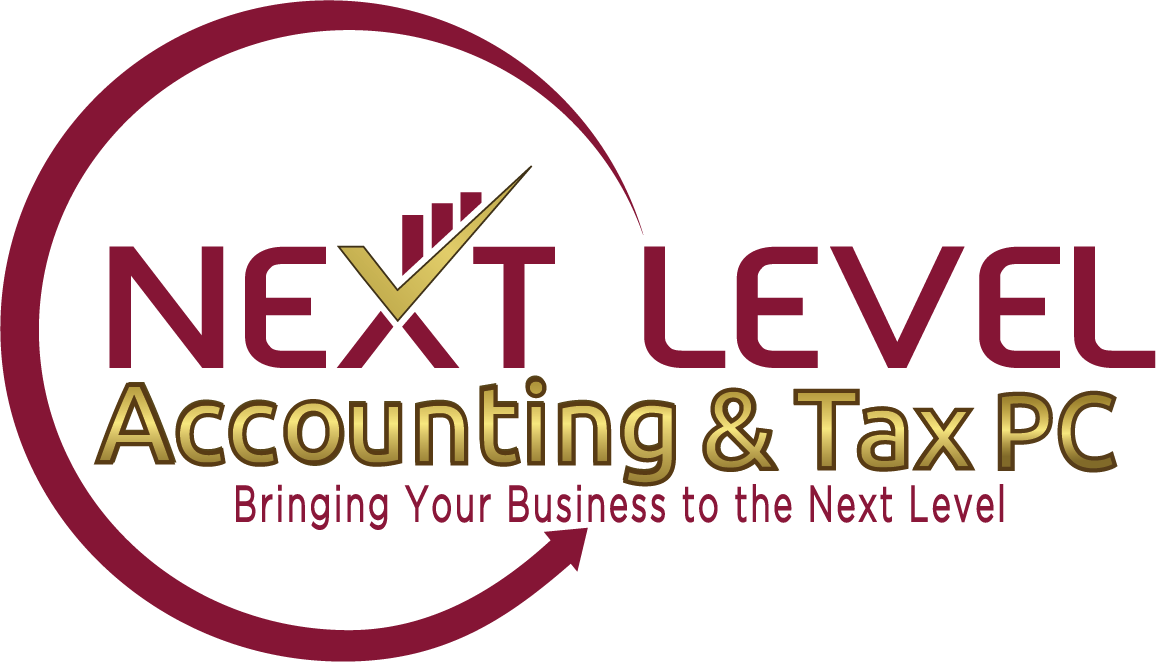Recordkeeping for Tax Purposes
 Which records should you keep?
Which records should you keep?
You should keep information that you and the IRS need to determine your correct tax. Everyone should keep the following records.
Copies of your tax returns. Keep copies of your tax returns as part of your tax records.
- Your tax returns can help you prepare future returns and amended returns.
- After you die, copies of your tax returns and other records can be helpful to your survivors or the executor or administrator of your estate.
Proof of income and expenses. Listed below are examples of income and expense documents you should keep. The list is not all inclusive.
Income – Form(s) W-2, 1099, and Schedules K-1
Bank and brokerage statements
business and hobby income records
Records relating to sale of business property
Expenses – Sales slips, invoices, receipts
Cancelled checks or other proof of payment
Deductions – Medical expenses
Mortgage interest
Real estate tax records
Donations – Details of cash and non-cash contributions
Written communications from qualified charities
Your Home – Closing statements, including any refinance documents
Purchase and sales invoices
Receipts for improvements
Insurance records
Investments – Brokerage statements
Mutual fund statements
Form(s) 1099 and 2439
Other basis documentation
IRAs – Forms 1099-R, 5498, and 8806 for each ear until all IRA funds have been distributed.
Records for Special Situations
Some items require specific records in addition to the basic records of income and expenses.
- Alimony. If you pay or receive alimony, keep a copy of your written separation agreement or the divorce, separate maintenance, or support decree.
- Business use of your home. Keep records that show which part of your home is used for business and the expenses related to that use. Child care providers should also keep track of hours open for business, as well as hours spent in preparation and clean up.
- Gambling. Keep an accurate diary of winnings and losses. Required information includes:
– Date and type of gambling activity.
– Gambling establishment name and address, and names of persons present with you
– Amount you won or lost. - Tax credits. Each tax credit includes special recordkeeping requirements Examples include:
– Provider’s name address, and taxpayer ID number for the Child and Dependent Care Credit
– Physician’s certification for the Credit for the Elderly or the disabled.
– School records for the education credits. - Vehicle records. If you use your own car for business, medical transportation, or qualifying volunteer work, keep a mileage log that includes the date, destination, and purpose of each trip, You also need to know how many miles you drove for other purposes, such as commuting and personal use. Your vehicle records should include purchase or lease papers and loan records. You may receive a larger deduction if you keep records of gas purchases, maintenance costs, etc., in addition to mileage.
How Long Should You Keep Tax Records?
The IRS says you must keep your records for as long as they may be needed for the administration of any provision of the Internal Revenue Code, which means you must keep records of items shown on your return until the statute of limitations for that return expires. The statute for limitations is the time during which you can amend your return, claim a credit, or be assessed additional tax by the IRS.
If you have any questions, regarding your taxes, or your documents, Next Level Accounting & Tax is here to help. We LOVE keeping accurate records, and so should you!
